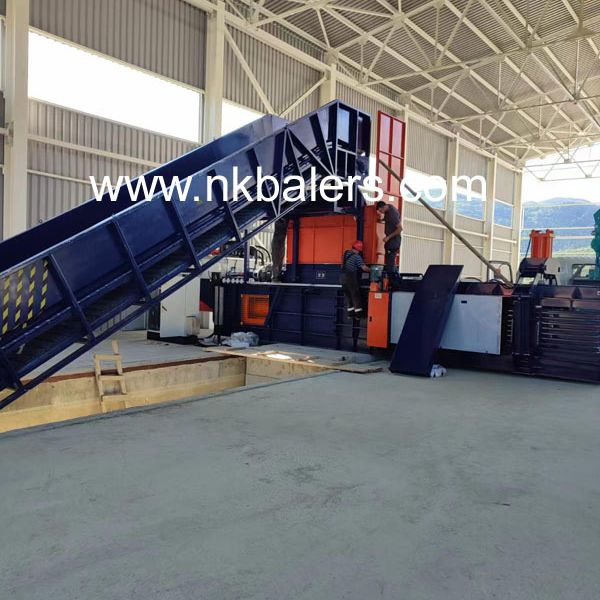Hydraulic balers are widely used in agricultural waste management
Release time: 2024-02-29 sentiment:45 time
Hydraulic baler is a mechanical device that uses a hydraulic system to compress loose materials such as agricultural waste into blocks or bales. It plays a vital role in agricultural waste management. With the improvement of environmental awareness and the increasing demand for resource recycling, the application of hydraulic balers has become increasingly widespread.
During the agricultural production process, a large amount of straw, branches, leaves and other organic waste are produced. If these substances are not treated, they will not only occupy a large amount of land resources, but may also become a source of environmental pollution. Hydraulic balers can effectively compress these wastes and reduce their volume, thereby reducing storage and transportation costs and facilitating subsequent processing and reuse.
For example, compressed straw can be used as biomass energy to generate electricity or produce biofuels, or it can be fed back to farmland as organic fertilizer or soil conditioner to achieve a circular agricultural economy. At the same time, the compressed and packaged branches and leaves and other forestry waste can also be used as horticultural substrates, ecological packaging materials, etc. to increase their economic value.
In addition, the use of hydraulic balers can also help improve rural environmental sanitation. Through packaging and processing, the remaining waste in the field can be cleaned up in time, reducing the potential risks of pests and diseases, and improving the overall hygienic level of agricultural production.
In terms of operation, modern hydraulic balers tend to be automated and intelligent, which greatly improves packaging efficiency and safety. They usually have functions such as automatic feeding, compression, bundling and unpacking, which reduce manual labor intensity and save time and labor costs.

In summary, the application of hydraulic balers in agricultural waste management not only contributes to resource conservation and environmental protection, but also increases the economic value of agricultural waste. It is an indispensable and important tool in modern agricultural production.

